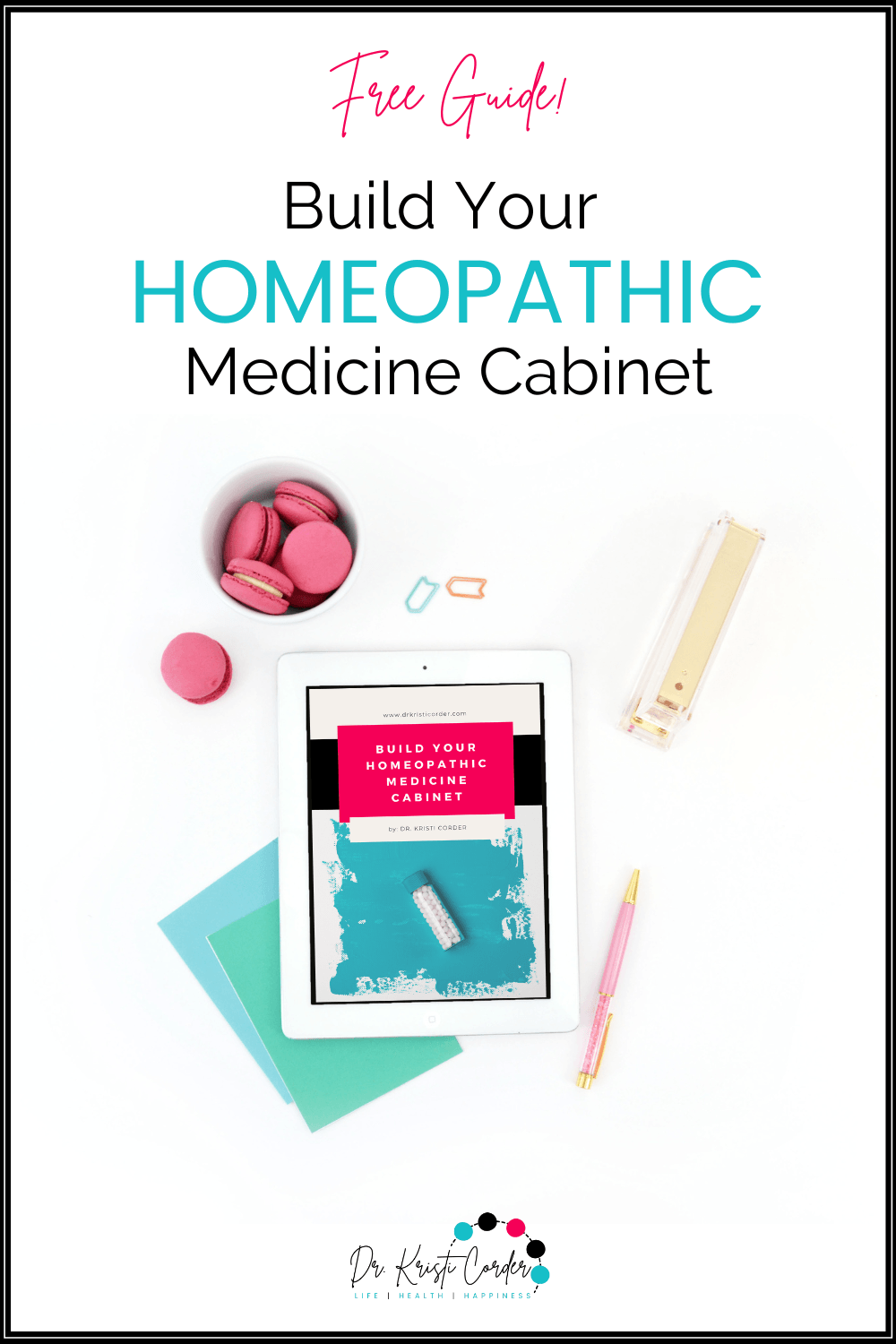11 Healthy Grocery Shopping Tips
This post may contain affiliate links.
Click here to read my affiliate policy.

Grocery shopping. It's something everyone hates to do but has to do. And if you're like the majority of people, you come home with stuff you didn't even plan to buy. These impulse choices can have lasting and harmful effects on our health. So we've got to change our approach.
If you're on a journey to improve your health, going to the grocery store can be downright detrimental if you don't have a plan. Here are 11 of my best healthy grocery shopping tips that you should consider before and during each and every trip to the store.
Tips #1-5
Menu planning, making recipe substitutions, knowing your store layout, choosing healthier store options, and purchasing from local farms or organic grocery delivery companies are my most often suggested healthy grocery shopping tips. These are some of my favorite ways to ensure our family's grocery shopping experience focuses on keeping us all healthy.
I did a Facebook live video series back in 2020 in my Holistic Health Network to explain some of these tips for my VIPs, so be sure to check out this video for more detailed information on each of these tips:
Tip #6: Don't Shop When Hungry
This is probably one of the most common healthy grocery shopping tips that you'll hear from any source. It's true that if you go to the store when you're hungry, you will walk away with more food than you need. You'll also be more likely to grab foods that have a negative impact on your health (like those fresh baked cookies and pastries in the bakery section). So be sure to eat something before you go.
Tip #7: Shop the Perimeter of the Store First
Most of your staple items are located on the perimeter of the store. This is where you can find your produce, meat, dairy, and eggs which are necessary for a healthy diet. Those items found down the middle aisles of the store, like chips, candy, and packaged foods, tend to have more dyes, artificial flavors, and added sugars. Not to mention, they'll have plenty of ingredients that you can't even pronounce. These items will wreak havoc on your health.
Tip #8: Shop Higher Shelves
When you do go down the aisles of the grocery store, be sure to look high on the shelves. Many of your organic and natural packaged foods tend to be higher on the shelves.
Why?
First, healthy foods are typically more expensive to produce which in turn makes them more expensive to sell. If most people live on a budget, then they're less likely to buy more expensive foods.
Next, healthy foods are usually free of ingredients that can become addictive. Foods produced by many of the big-name brands have artificial colors, flavors, and ingredients that stimulate certain parts of the brain for addiction. If you're not addicted, then chances are you'll buy less of those foods.
Finally, companies that produce foods that are gluten-free, vegan, or even free of common food allergens might have a smaller advertising budget which can keep their items from being placed at eye level on the shelves. In turn, fewer people purchase products that they have to find an employee to assist them in reaching.
If you take all of these reasons into account, you can see why healthier foods tend to be placed higher on the shelves. So take some time to turn your attention higher when you shop.
Tip #9: Read Labels
If you're anything like me, you like to get in and get out of the grocery store as fast as possible. It's not somewhere I enjoy spending every waking moment. BUT...if you are new to healthy grocery shopping, spend a few trips reading labels. You need to get a feel for what healthier options you have, and unfortunately, it will take some time.
I always prefer to buy foods with no labels. When there are no labels, that means those products are in their original form. But when you do need to buy foods with labels, go for the ones with the fewest number of ingredients as well as ingredients you can pronounce.
Stay away from products with artificial sweeteners, flavors, and dyes. These can lead not only to addictions as we talked about above, but also to obesity, behavioral problems, and other health conditions.
Tip #10: Be Open to Trying New Foods
As I stated in my video, you'll want to find healthy substitutes for your recipes and buy produce that is in season. But what if you're someone who doesn't like the produce that's in season or who thinks that the substitutes sound disgusting?
Be open to trying new foods. Talk to your friends and ask them for their best recipes using those foods or ingredients. Or search Pinterest for healthy recipesusing those ingredients. Then try it! You never know what new food or recipe you and your family may end up liking.
Tip #11: Use a Handbasket or a Smaller Cart
You hear all health gurus talk about reducing your portion sizes on your plate. In the same way, reduce the size of your shopping cart. If you go in and grab the big basket, you're likely to buy as much as you can to fill it up. Stick with the smaller shopping carts or use a handbasket. This way, you limit your purchases to only those items that you truly need.
Bonus Tip: Use Self-Checkout
I hate waiting in line, and I personally love using self-checkout. But did you know that people are less likely to make impulse buys if they use self-checkout?
Standing in line behind someone when you use a standard checkout line can increase the likelihood that you'll buy salty or sweet snacks. After all, they're right there staring you in the face. So limit your purchases and hop over into the self-checkout line.
With these healthy grocery shopping tips in mind, you should be able to tackle the grocery store while still making the healthiest choices for you and your family.

Hi! I'm Dr. Kristi!
I’m a wife, mom, and alternative health care practitioner. I like to live a little differently and go against the grain.
I consult with people of all ages who are looking to ditch the drugs for alternative methods of healing. But I’m most passionate about teaching parents how to care for their kids illnesses at home using homeopathy and other alternative health care practices such as nutrition, natural remedies, minimalist ideas, and more. I’m completely obsessed with ice cream, waterfalls, and all things travel related.
Disclaimer: The entire contents of this website are based upon my own opinions unless otherwise noted. I am not a medical doctor and the information on this website is not intended to be a substitute for professional medical advice, diagnosis, or treatment. It is intended as a sharing of knowledge and information from my research and experience. I encourage you to make your own health care decisions based upon your research and in partnership with a qualified health care professional. If you are pregnant, nursing, taking medication, or have a medical condition, consult your health care professional before using products based on this content.
The information on this website has not been evaluated by the FDA and is not intended to diagnose, treat, cure or prevent any disease.
By using this website, you agree to abide by this disclaimer as well as the Terms of Service, Disclosure Policy, and Privacy Policy.
Copyright 2023 | Dr. Kristi Corder | All Rights Reserved






